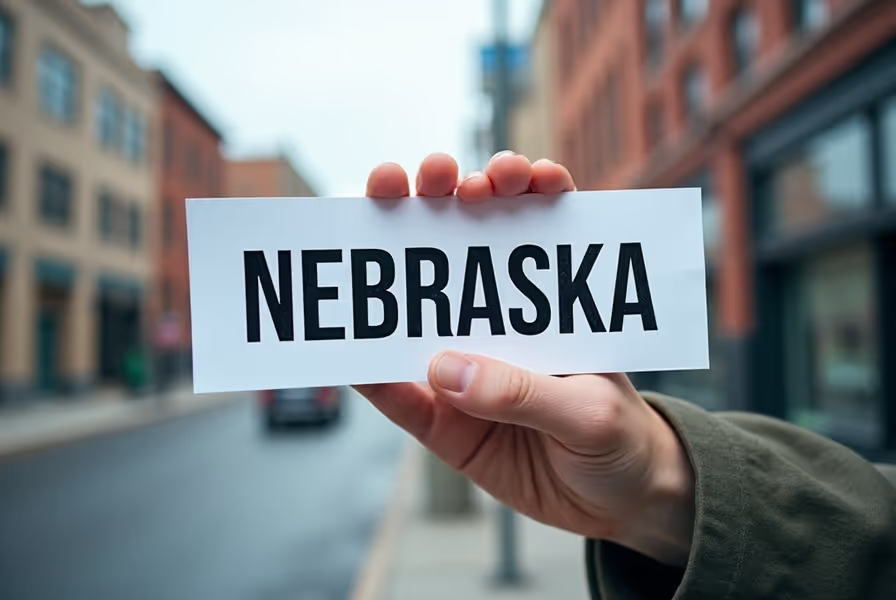Understanding the Education Requirements to Become a Police Officer
Starting a career as a police officer is a rewarding path for those who want to serve their community and make a positive impact. One of the most common questions asked by aspiring officers is, “Do I need a college degree to become a police officer?” The answer depends on the department, the state you live in, and your long-term career goals in law enforcement.
This article will help you explore the education requirements, training options, and career outlook to help you decide the best route to pursue your dream job in policing.
Do Police Departments Require a College Degree?
Most police departments across the United States do not require a four-year college degree to qualify for entry-level positions. However, some agencies have minimum education requirements that go beyond a high school diploma.
Common qualifications include:
- High school diploma or GED
- Some college coursework (often 60 credit hours)
- An associate degree in criminal justice or a related field
More competitive or specialized positions may prefer or require candidates with a bachelor’s degree.
Benefits of Having a College Degree in Law Enforcement
While not always mandatory, earning a degree can give you a strong advantage. It not only boosts your resume but also develops your critical thinking and communication skills.
Here’s how a college education can help:
- Increases chances of landing jobs in federal law enforcement
- May qualify you for leadership and administrative roles
- May result in higher salary or faster promotion
- Builds knowledge in areas like criminology, ethics, and law
- Improves decision-making skills under pressure
What Degree is Best for Becoming a Police Officer?
You don't need a specific degree to become a police officer, but certain majors can support your career in law enforcement or criminal justice.
Popular degrees for aspiring police officers include:
- Associate or Bachelor's in Criminal Justice
- Law Enforcement Studies
- Public Administration
- Sociology or Psychology
- Homeland Security
These programs often include coursework in law, ethics, juvenile justice, policing strategies, and community relations. Some also offer internships or academy preparation.
Can You Become a Police Officer Without a Degree?
Yes, you can. Many departments hire individuals with only a high school education, provided they meet other qualifications such as age, citizenship, physical fitness, and background checks. Police academy training is usually required after you’re hired.
Typical entry-level requirements include:
- Minimum age (usually 21 years old)
- U.S. citizen or legal resident
- Clean criminal background
- Passing a written exam and physical test
- Completing police academy training
Even without a degree, you can still start a career in policing through these steps.
Is Police Academy the Same as a College Degree?
No, attending the police academy is not the same as earning a degree. The academy is a training program required by state or local agencies. It prepares you for real-life duties as a police officer such as enforcing laws, handling firearms, and responding to emergencies.
Police academy training usually includes:
- Defensive tactics
- Use of force and firearms training
- Traffic law and enforcement
- Emergency response and CPR
- Report writing and investigations
The duration of the academy can range from 12 to 24 weeks. Some community colleges offer programs that combine college credit with academy training.
What Are the Education Requirements for State vs. Federal Law Enforcement?
Law enforcement agencies at different levels often have varying education requirements.
Local and State Police Departments:
- Usually require only a high school diploma or equivalent
- Some prefer applicants with college coursework or an associate degree
Federal Agencies (like the FBI, DEA, or ATF):
- Require a bachelor’s degree for most positions
- May prefer degrees in criminal justice, law, accounting, or cybersecurity
- Often look for candidates with fluency in foreign languages or technical skills
If your goal is to work in federal law enforcement, a degree is likely necessary.
Frequently Asked Questions About Police Officer Education
Can I be a police officer with just a GED?
Yes. Many departments accept a GED as long as you meet other requirements such as age, physical standards, and academy completion.
Is online education acceptable for police work?
Online degrees from accredited colleges are generally accepted. Ensure the program is recognized by your agency and provides relevant training or coursework.
How long does it take to become a police officer?
The timeline varies. After meeting basic education requirements, you may spend 6 months on application and screening, then 3 to 6 months in the academy.
What can help me stand out as a police officer candidate?
Consider the following:
- Volunteer or internship experience in law enforcement
- A strong physical fitness level
- College-level coursework or a degree in a relevant field
- Clean driving and criminal record
- Good communication and community service skills
Do I need a degree for career advancement in law enforcement?
Many higher-ranking positions and specialized units prefer candidates with degrees. Having one can improve your chances of moving into roles such as detective, sergeant, or lieutenant.
Final Thoughts: Is a Degree Necessary to Start Your Law Enforcement Career?
You don't need a college degree to become a police officer in most jurisdictions. However, having one can open more doors, lead to better pay, and help you move up the ranks. Whether you're starting with a high school diploma or considering pursuing an associate or bachelor’s degree, there is a path for you in law enforcement.
Understand your state's requirements and think about your long-term goals. If you're focused on growth, leadership opportunities, and making a deeper impact, furthering your education is worth considering.
No matter where you start, dedication, integrity, and a commitment to the community are what make a great police officer. Take the next step in your journey with the confidence that your passion and education can take you far.















.svg)



